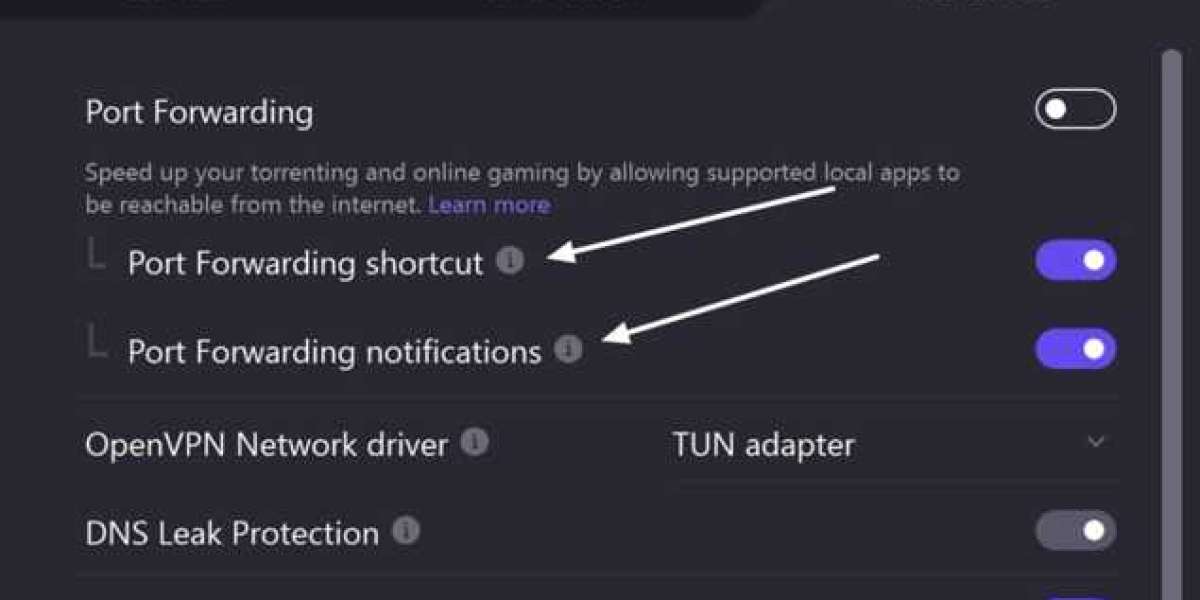? What Is Real Estate Development?
Real estate development involves purchasing land or property, improving it (through construction or renovation), and selling or leasing it for profit. Developers work with architects, engineers, contractors, lenders, and investors to turn concepts into tangible assets—like homes, apartment complexes, shopping centers, or office buildings.
? Step-by-Step: How to Get Started in Real Estate Development
1. Educate Yourself
Before you invest a dime, take time to understand the fundamentals:
Read books and blogs on real estate development
Take online courses or attend workshops (consider platforms like Udemy, Coursera, or local real estate associations)
Learn about local zoning laws, building codes, and permit processes
? Recommended Reading:
“The Real Estate Developer’s Handbook” by Tanya Davis
“Confessions of a Real Estate Entrepreneur” by James Randel
2. Choose a Niche
Real estate development is broad—focus on a segment that aligns with your goals and resources:
Residential: Single-family homes, townhouses, multi-unit buildings
Commercial: Offices, retail, industrial parks
Mixed-use: A combination of residential and commercial
Land Development: Turning raw land into build-ready plots
Start small—flipping or renovating homes can be a great first step before tackling ground-up construction.
3. Understand the Numbers
Real estate development is all about math and risk. Know how to:
Estimate acquisition, construction, holding, and marketing costs
Calculate After Repair Value (ARV)
Run feasibility studies and ROI projections
Build a project budget and timeline
? Pro tip: Work with a mentor, real estate agent, or contractor to understand local construction costs and market values.
4. Build a Reliable Team
You can't go it alone. Assemble a team that may include:
Real estate agent or broker
Architect or designer
General contractor
Land use attorney
Accountant
Property manager
Lenders and/or private investors
Your team can make or break your project—choose people who are experienced and transparent.
5. Secure Financing
Unless you’re funding a project with your own cash, you’ll need financing. Options include:
Bank loans or construction loans
Private investors or partners
Hard money lenders (short-term, high-interest loans)
Crowdfunding platforms like Fundrise or RealtyMogul
Prepare a detailed development proposal or business plan when seeking funds.
6. Find the Right Property
Look for undervalued or underutilized properties with potential for improvement or redevelopment. Use criteria like:
Location and neighborhood growth trends
Zoning regulations and buildability
Comparable market values (comps)
Access to utilities and infrastructure
A good deal starts with buying smart.
7. Get the Necessary Permits and Approvals
Work with city planning departments to:
Rezone property (if needed)
Obtain site plan approval
Apply for building permits
Pass inspections at each stage of construction
Skipping permits can lead to fines or project shutdowns—play by the rules.
8. Manage the Development Process
You’re now part project manager. Your responsibilities include:
Hiring and overseeing contractors
Staying on budget and schedule
Managing change orders and delays
Communicating with stakeholders
Regular site visits and updates are essential to keep things on track.
9. Market and Sell (or Lease) the Property
Once the property is complete:
Work with a real estate agent or broker to list the property
Stage it and take professional photos
Hold open houses and tours
Or lease units and hand over to property management
Your exit strategy—selling or renting—should be clear from the start.
⚠️ Common Mistakes to Avoid
Underestimating costs and timelines
Failing to research zoning laws
Not building a strong team
Skipping due diligence on the property
Ignoring market demand
Real estate development can be lucrative—but only if you plan well and execute smartly.
? Final Thoughts
Getting started in real estate development takes education, patience, and strategic action—but the rewards can be substantial. Start small, surround yourself with experts, and never stop learning. Whether you're building houses or renovating old buildings, the key is turning vision into value.
Important Links
Difference Between Residential and Commercial Real Estate
Real Estate Exit Strategies for Investors
Top Real Estate Marketing Strategies for Agents in 2025
How to Evaluate a Real Estate Investment
Tips for Buying Your First Rental Property
Dairy Farm Walk Condo Site Plan
Dairy Farm Walk Condo Location
Dairy Farm Walk Condo Showflat
Dairy Farm Walk Condo Developer
Dairy Farm Walk Condo Showflat
Dairy Farm Walk Condo Developer
Dairy Farm Walk Condo Showflat
Dairy Farm Walk Condo Developer








